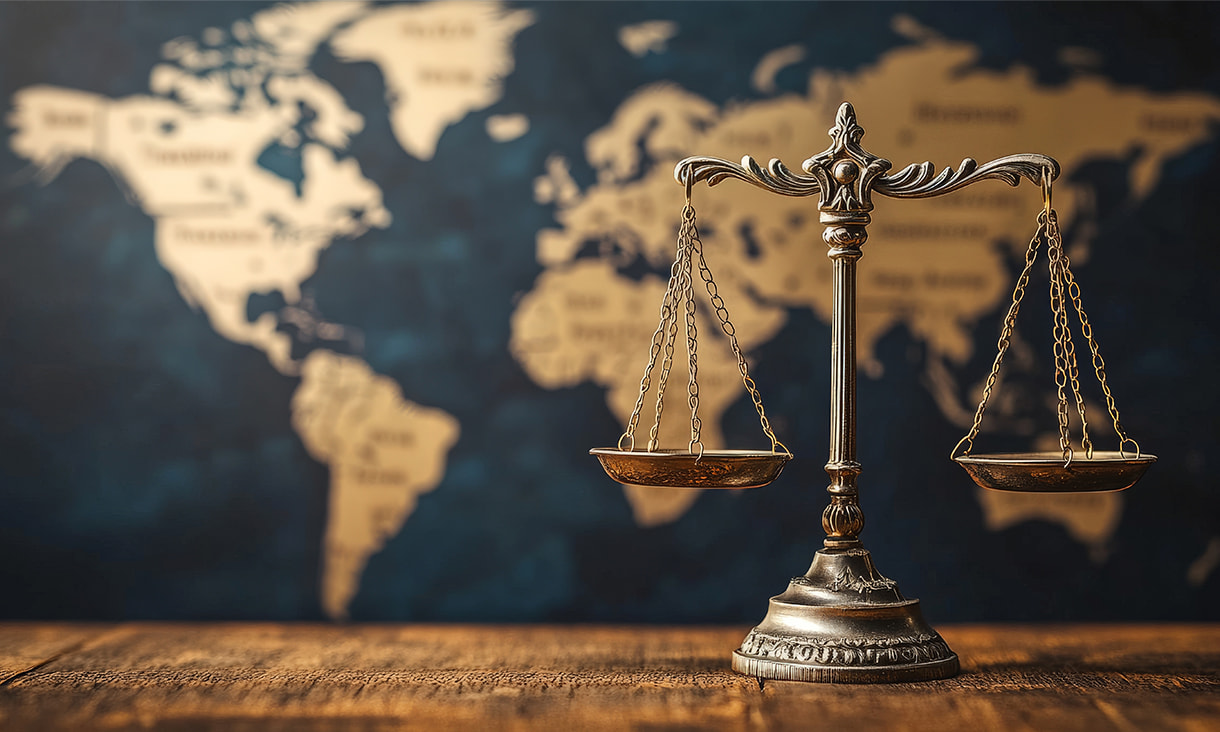Such mentions were disregarded as controversies that were not only brushed off by experts; in some instances, they also received violent political backlash and reactions, as those faced by whistle blowers.
Now, there seems to be a serious consideration of the possibility of the leaking of SARS-CoV-2 from the Wuhan Institute of Virology, China. It has been established that “gain-of-function” research which is research into how viruses can be made more infectious was carried out at the lab, specifically with Corona viruses.
The point of this article is NOT to support or refute any potential indication of the origin of the Virus in the Wuhan Institute of Virology. Rather it is to question the implementation of the underlying fundamental principles of bio research ethics in this context. Rai et al. (2015) have identified the underlying principles of ethics which include feeling of the conscience at a micro ethics level; understanding the potential consequences (consequentialism) of certain types of bio research at micro, macro, meso and mega levels. It is obvious that a micro level implementation of conscience related considerations is not possible in certain institutional environments. These are environments which are ridden with opaqueness.
Nevertheless, taking into consideration that the COVID-19 pandemic is now a GLOBAL issue, with millions of humanity suffering and dying; accountability and transparency from all parties involved is required. There needs to be answerability regarding “gain-of-function” bio research. How does this type of research, which entails deliberate manipulation of pathogens to make them more infectious and transmittable, serve the good of society? Is the explanation, 'this research helps understand future pandemics', adequate? The risks associated with such research need to be clearly defined, regardless of the jurisdiction in which such research is carried out.
To what degree are risk/benefits assessments undertaken prior to embarking on this type of research? Especially with the potential risks of global harm. This explanation needs to be provided globally by the scientists, their organisations, their funding bodies and their governments if they are conducting any type of research that involves deliberate manipulation of pathogens. There need to be clear disclosures regarding conflicts of interests.
Virologists have now the option of using computational models to simulate pathogen mutations and developments. The age-old techniques of high-risk experiments (also on animals), which are ethically wrong and from a risk perspective, completely unjustified, are no longer needed. There needs to be an international call for use of replacing biological manipulations of pathogens and testing on animals, with use of computational techniques. There needs to be a call also for greater transparency and reporting on any bio research which is funded by the public and or funded by big pharma. Ethics approval which encompasses detailed assessments of risks versus benefits for bio research projects with potential high risks need to be publicly disclosed as well. Blockchain technology can play a vital role for this purpose.
Author: Dr Tehmina Khan, Senior Lecturer, School of Accounting, Information Systems and Supply Chain
Rai, R. Prashanth, G. Imranulla, M. Prabhu, A. and Vivek, H. 2015 Ethics in Biomedical Research. International Journal of Oral Health and Medical Research, July-August 2015 http://www.ijohmr.com/upload/Ethics%20in%20Biomedical%20Research.pdf







